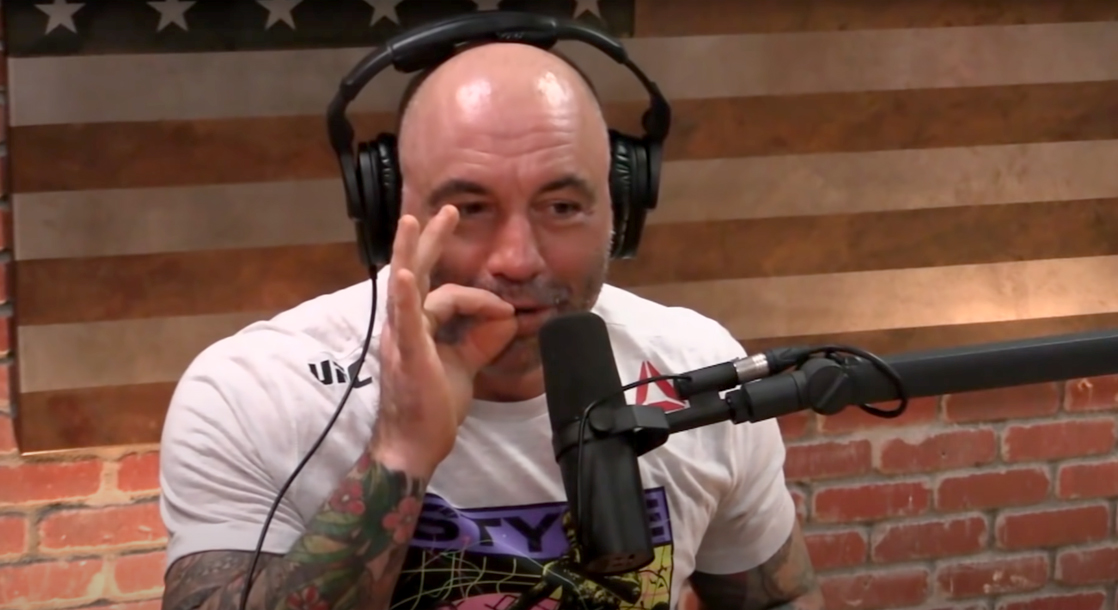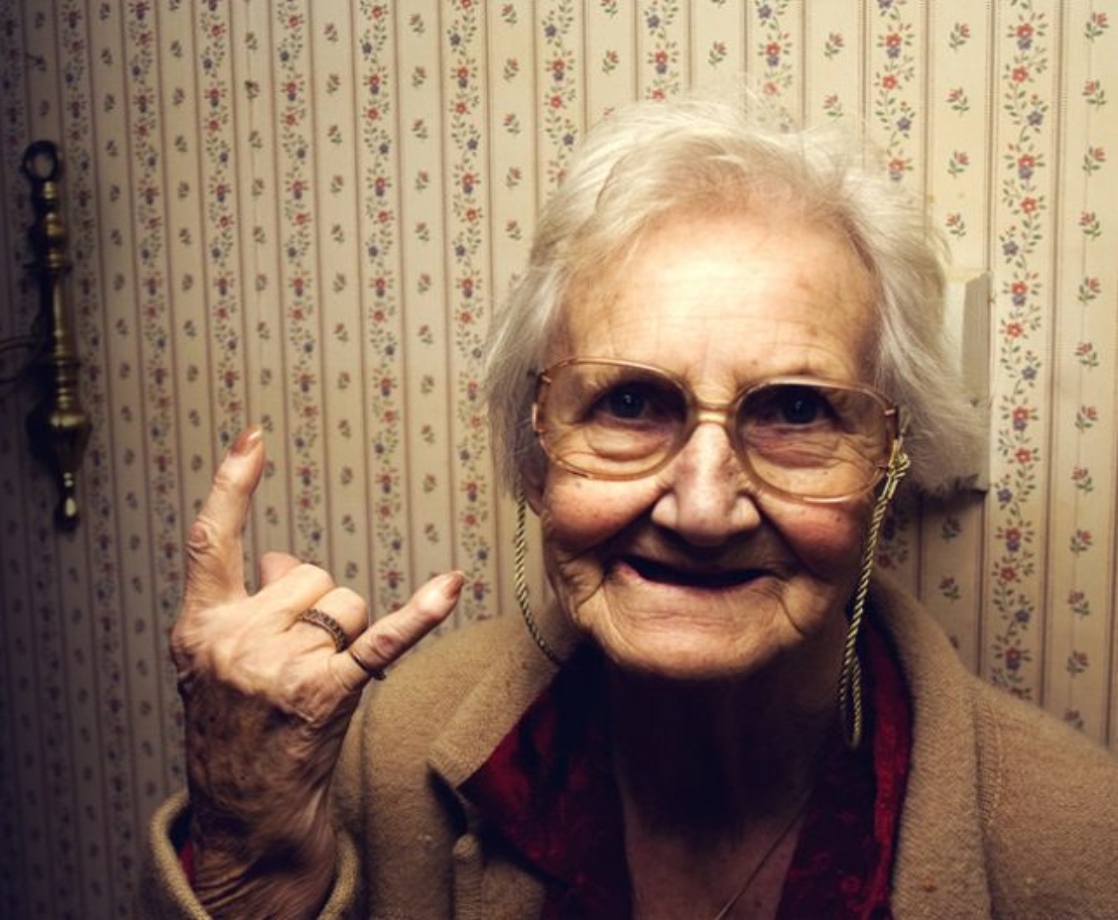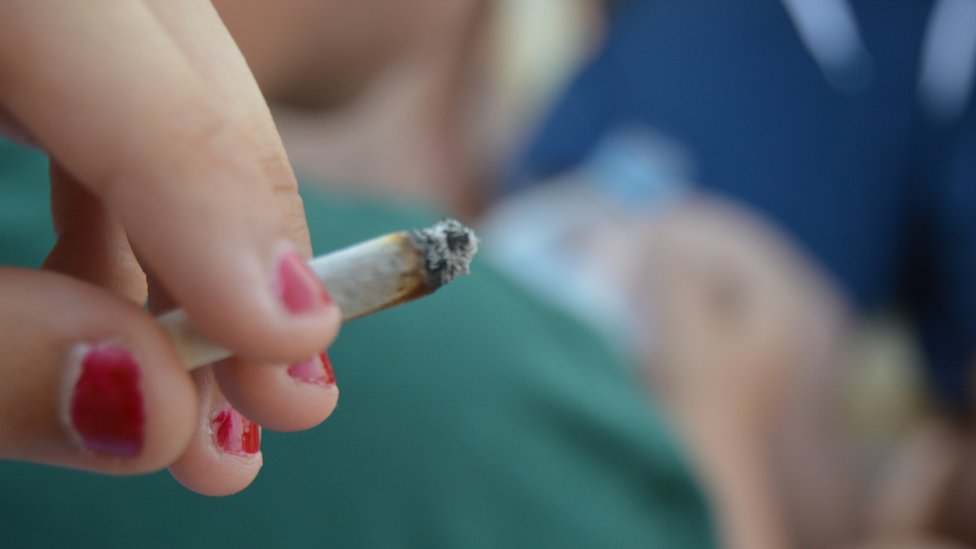A single 20-minute DMT trip can reduce symptoms of major depressive disorder (MDD) for as long as three months, a new research study suggests.
This study, which was conducted by UK-based biotech firm Small Pharma, explored the effectiveness of short-duration DMT-assisted therapy as a treatment for depression. For this two-stage Phase IIa trial, researchers recruited 34 patients diagnosed with moderate to severe major depression. Each patient received a 21.5mg IV dose of SPL026, the company’s proprietary synthetic DMT formulation, in conjunction with traditional talk therapy. A control group also received the same therapy, but with a placebo.
To evaluate the effectiveness of the treatment, researchers used the Montgomery-Asberg Depression Rating scale (“MADRS”), a standard psychological assessment tool used to rate the severity of depression symptoms. The assessment was first administered before the DMT therapy in order to generate a baseline rating for each subject. Subjects then completed the assessment again one, two, and 12 weeks after their initial dose.
The experiment proved to be a stunning success. Patients who received the DMT infusion along with therapy reported an immediate reduction in their symptoms just one week after the trial. At the two week point, subjects reported a highly significant -7.4 point mean reduction on their MADRS scores. In contrast, the placebo group only saw a -3.6 point reduction after two weeks. After three months, subjects who received DMT reported a mean MADRS score decrease of -15.4.
“We are pleased that a significant number of patients benefited from the treatment in our trial,” said Dr. Carol Routledge, Small Pharma Chief Medical and Scientific Officer, in a press release. “SPL026 with supportive therapy was shown to have a significant antidepressant effect that was rapid and durable, with a remission rate of 57% at three months following a single dose of SPL026. It was encouraging to see that SPL026 demonstrated a favourable safety and tolerability profile in MDD patients in this study, consistent with our Phase I study.”
The study authors also conducted a second experiment using the same pool of subjects. The patients who received a single dose of DMT were given a second dose, and the subjects who only received a placebo were given a chance to try the DMT therapy. By the end of the followup period, both groups of subjects showed equal levels of improvement. This suggests that a single session of DMT therapy is just as effective as two sessions.
Researchers have already established that psilocybin-assisted therapy can effectively reduce symptoms of depression for as long as one year. But since the average shroom trip lasts for more than 4 hours, psilocybin therapy centers usually book 6 to 8 hour sessions to ensure that patients have sobered up before they leave. These full-day commitments drive up the cost of the therapy significantly. The psychedelic effects of DMT generally fade within 15 to 30 minutes, though, allowing for shorter sessions that could potentially decrease the cost of therapy.
The present study backs up a similar trial published by researchers from the Yale University School of Medicine last year. In this experiment, researchers found that a single IV dose of DMT significantly reduced depression symptoms within 24 hours. Uniquely, this study did not involve the use of therapy, which suggests that DMT may have antidepressant properties on its own.
These two studies both suggest that DMT could be a powerful alternative to psilocybin therapy, but this research is still in its early stages. The Small Pharma study only enrolled 34 subjects, and the Yale study only enrolled 10. These small sizes make it impossible to conclude that this therapy will work for everyone.
Fortunately, researchers are committed to plunging into larger, more complicated DMT studies. Dr. Routledge explained that the “clinically meaningful” findings of her company’s research “enable us to progress into an international multi-site Phase IIb study where we seek to further explore the efficacy and safety profile of SPL026 in a larger MDD patient population.”
Cover image via screenshot











